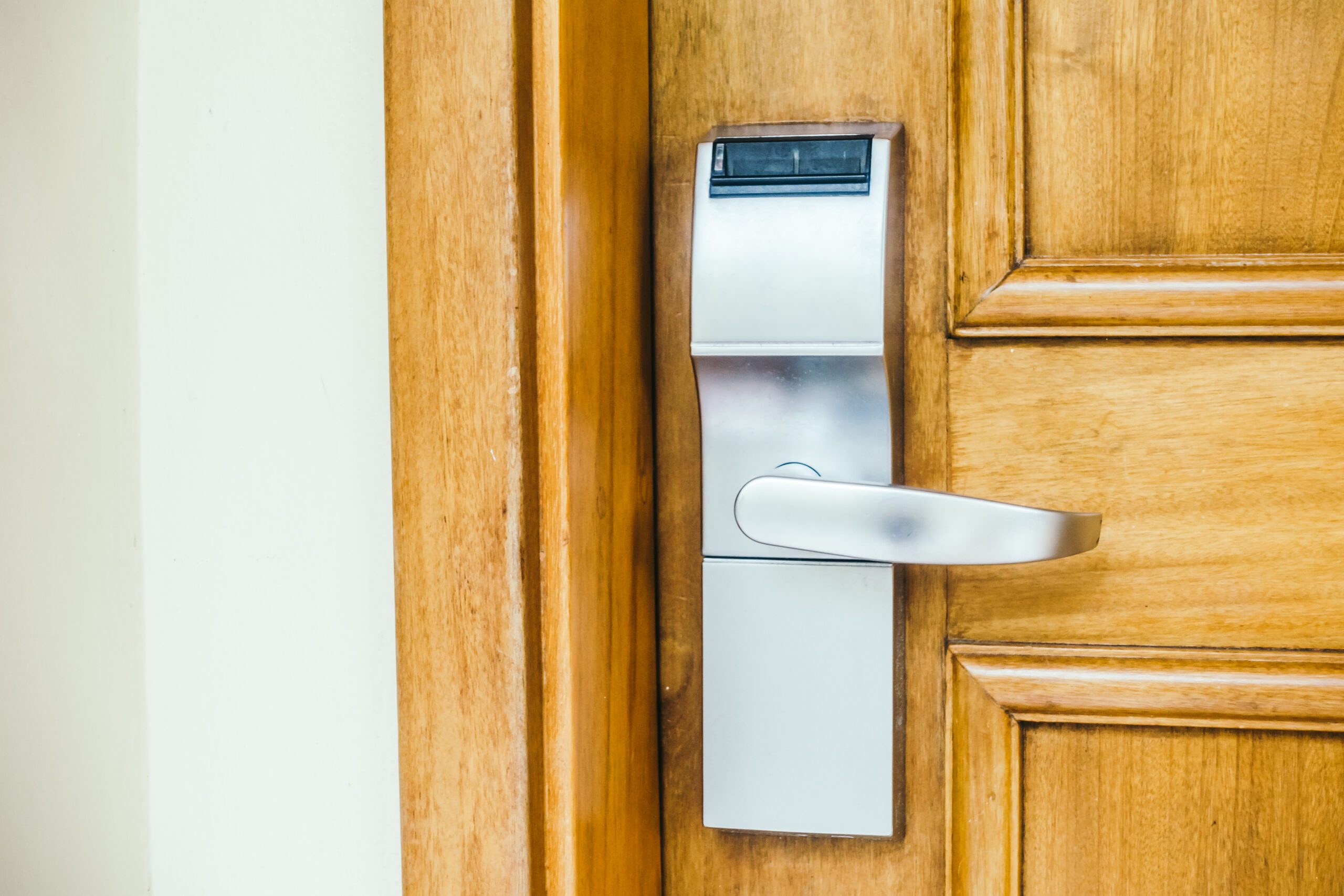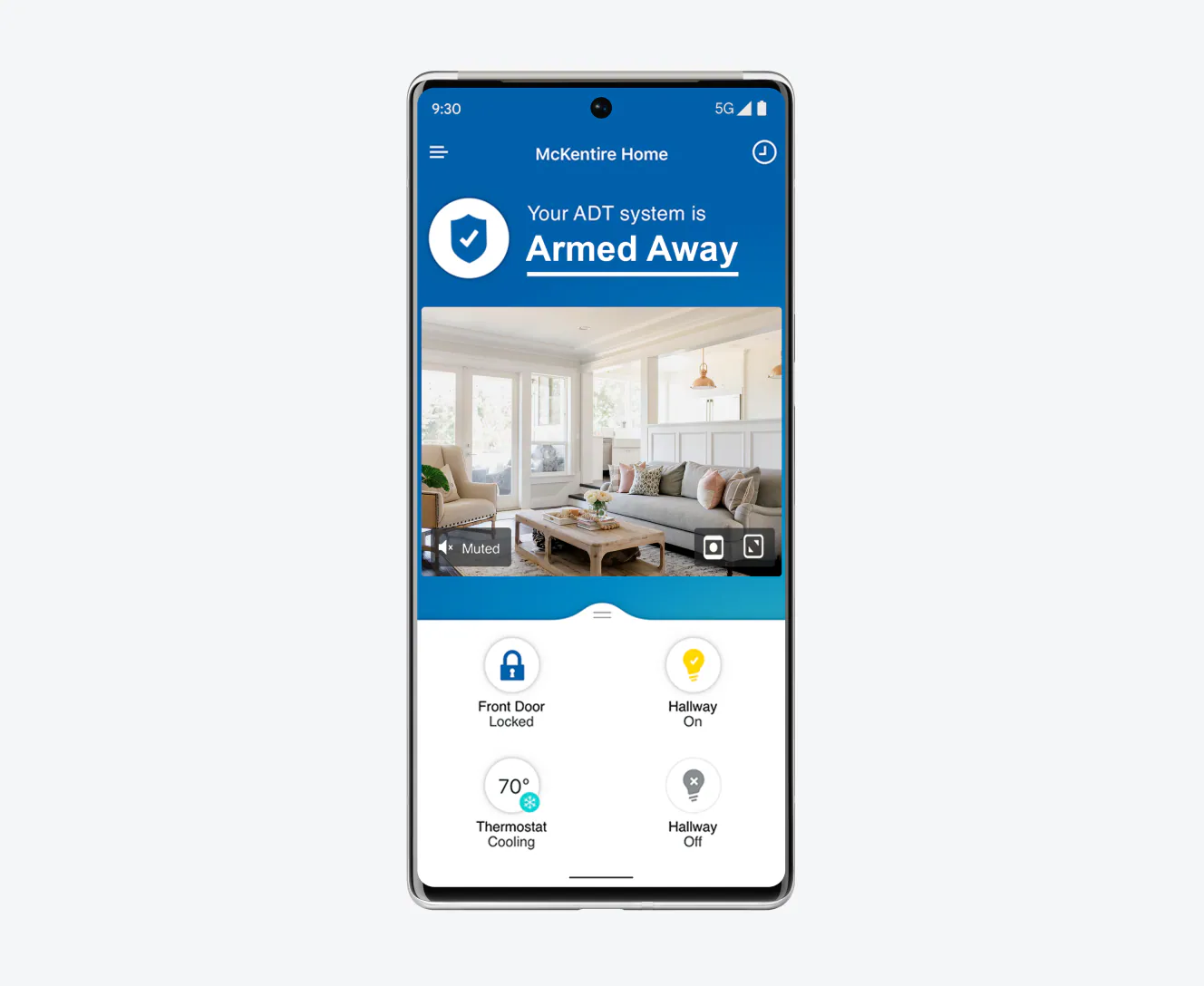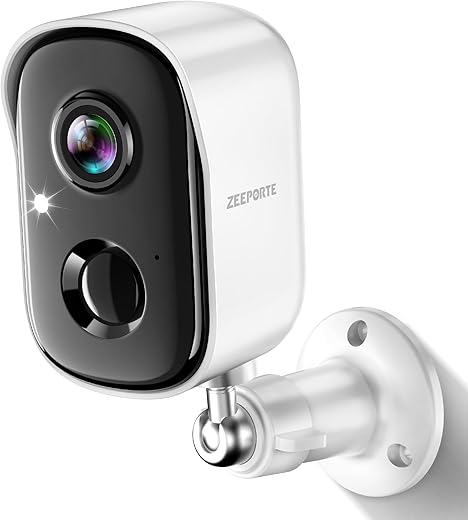The Pros and Cons of Smart Locks
As a homeowner, I understand the importance of feeling secure in our own spaces. With technology advancing at such a rapid pace, smart locks have emerged as a trendy option to enhance our home security. While the convenience and modern features of these locks can be tempting, I also recognize that they come with their own set of challenges. In this post, I’ll take a closer look at the pros and cons of smart locks, hoping to provide you with the insights you need to determine if they’re the right fit for your home. Let’s dive in together!



Advantages of Smart Locks
Smart locks are rapidly gaining popularity among homeowners and renters alike. With the integration of technology in our everyday lives, it’s no surprise that traditional locks are being replaced by these innovative solutions. Let’s delve into the key benefits of smart locks, focusing on convenience, remote access, and enhanced security features.
Convenience at Your Fingertips
One of the most significant advantages of smart locks is the convenience they offer. Imagine being able to unlock your door without fumbling for keys in your pockets or bags. With smart locks, all you need is your smartphone!
Keyless Entry
- Smartphone Control: Brands like August Smart Lock Pro allow you to unlock your door using a smartphone app, providing a seamless entry experience.
- Touchscreen: Models like the Schlage Encode come with a built-in keypad, enabling you to enter codes directly, perfect for those who might not have their phone handy.
This means no more worrying about lost keys or being locked out. You can easily unlock your door with a simple tap on your phone or by entering a code.
Remote Access for Peace of Mind
Smart locks take convenience a step further by allowing remote access. This feature is particularly beneficial for busy homeowners or those who often have guests.
Temporary Access Codes
- Guest Access: With the Yale Assure Lock SL, you can create temporary access codes for visitors. Whether it’s a friend dropping by or a maintenance worker needing to fix something, you can grant them access without having to be there in person.
- Time-limited Codes: You can set codes that expire after a certain period, ensuring guests can only access your home when needed.
Monitoring Features
Modern smart locks also come equipped with monitoring capabilities. The Ring Smart Lock, for example, offers real-time notifications when someone enters or leaves your home, allowing you to keep track of who is coming and going.
- Activity Logs: Many models, like the Kwikset Halo, feature activity logs that show you who accessed your lock and when. This transparency is invaluable for keeping tabs on your home’s security.
Enhanced Security Features
When it comes to home security, smart locks offer advanced features that traditional locks simply can’t match. These innovations are designed to protect your home and give you peace of mind.
Anti-Tamper Alerts
Smart locks like the Level Lock provide built-in security alerts. If there’s an unauthorized access attempt, you’ll receive an immediate notification on your smartphone, allowing you to take action quickly.
Integration with Smart Home Systems
Many smart locks can integrate with other smart home devices. For instance, the Nest x Yale Lock can work in tandem with your Google Assistant, allowing you to lock or unlock your door using voice commands. This feature not only enhances convenience but also adds an extra layer of security.
Comparison Table of Smart Lock Features
| Feature | August Smart Lock Pro | Schlage Encode | Yale Assure Lock SL | Kwikset Halo |
|---|---|---|---|---|
| Smartphone Control | Yes | Yes | Yes | Yes |
| Temporary Access Codes | Yes | Yes | Yes | Yes |
| Activity Logs | Yes | Yes | Yes | Yes |
| Anti-Tamper Alerts | No | Yes | Yes | Yes |
| Smart Home Integration | Yes | No | Yes | Yes |
Disadvantages of Smart Locks
Smart locks have gained popularity for their convenience and modern features, but they are not without their drawbacks. Understanding these potential disadvantages is crucial for homeowners considering this technology. Here are some key challenges associated with smart locks.
Reliance on Technology
One of the most significant drawbacks of smart locks is their reliance on technology. Unlike traditional locks that only require a physical key, smart locks depend on electronic components, software, and internet connectivity. This can lead to several complications:
- Dependence on Wi-Fi: Many smart locks, like the August Smart Lock Pro, require a stable internet connection for remote access and monitoring. If your Wi-Fi goes down, you may find yourself unable to unlock the door remotely or receive alerts about your lock status.
- Smartphone Dependence: Some models, such as the Yale Assure Lock SL, rely on smartphone apps for functionality. If your phone is lost, damaged, or out of battery, you might be locked out of your home without a physical key backup.
Vulnerability to Hacking
Smart locks, by their very nature, are more susceptible to cyber threats than traditional locks. Here are a few key concerns:
- Hacking Risks: Cybercriminals can exploit vulnerabilities in smart lock firmware or apps to gain unauthorized access. For example, the Schlage Encode Smart Wi-Fi Deadbolt has been noted for its security features, but no device is entirely immune to hacking attempts.
- Data Privacy: Many smart locks collect data on usage patterns and access times. If this data is compromised, it could give hackers insights into when you are home or away, potentially posing a greater risk to your security.
Real-Life Example of Hacking
In 2017, reports surfaced about vulnerabilities in certain smart lock systems that allowed hackers to gain access through poorly secured Bluetooth connections. While brands like Kwikset have since implemented updates to enhance security, it serves as a reminder that the technology is not foolproof.
Battery Dependence
Another critical factor to consider is the reliance on batteries. Smart locks typically operate on battery power, raising concerns about power outages and dead batteries:
- Power Outages: During a power outage, locks that require an electric current to function, such as the Ultraloq U-Bolt Pro, may not work, leaving you unable to secure or enter your home.
- Battery Replacement: Most smart locks use standard batteries (like AA or CR123) that need to be replaced periodically. If you forget to change the batteries, you risk being locked out. Some models, like the Geokey Smart Lock, do provide low-battery alerts through their apps, but not all do.
Battery Management Tips
- Regular Maintenance: Set reminders to check your smart lock’s battery status every few months.
- Backup Key: Keep a physical key nearby as a backup in case of battery failure.
Summary of Potential Drawbacks
| Disadvantages | Explanation |
|---|---|
| Reliance on Technology | Requires Wi-Fi and smartphone apps, making it vulnerable to connectivity issues. |
| Vulnerability to Hacking | Susceptible to cyber threats and data privacy concerns from unauthorized access. |
| Battery Dependence | Relies on batteries; power outages or dead batteries can lead to being locked out. |
In conclusion, while smart locks offer a range of modern conveniences, it’s essential to weigh these disadvantages carefully. Understanding the potential risks can help you make an informed decision about whether a smart lock is the right choice for your home security needs.
Comparing Smart Locks to Traditional Locks
In the ever-evolving world of home security, choosing between smart locks and traditional locks can feel overwhelming. Each option has its unique advantages and potential downsides. This section dives into the key factors of security, convenience, and cost, helping you make an informed choice for your home.
Security: Smart Locks vs. Traditional Locks
When it comes to security, both smart locks and traditional locks have their strengths.
Smart Locks
Smart locks, like the August Smart Lock Pro and the Schlage Encode, use advanced technology to enhance security. Here are some standout features:
- Keyless Entry: No more fumbling for keys. You can unlock your door using your smartphone, fingerprint, or even via a key code.
- Remote Monitoring: Many smart locks allow you to check the status of your door remotely. For example, with the Yale Assure Lock, you can see if your door is locked or unlocked anytime, anywhere.
- Temporary Access Codes: Some smart locks let you create temporary codes for guests or service providers. This means you can grant access without handing over a physical key.
Traditional Locks
Traditional locks, like the Kwikset 980 Deadbolt or the Medeco Maxum, have been around for a long time and have their own set of security benefits:
- Physical Security: A well-built deadbolt can be challenging to pick or force open. The Medeco Maxum, for example, is known for its high resistance to unauthorized access.
- No Power Dependency: Traditional locks don’t require batteries or electricity, eliminating the concern of them failing due to dead batteries or power outages.
- Simplicity: Some homeowners feel more comfortable with the straightforward mechanics of traditional locks compared to the technology of smart locks.
Convenience: Which Is More User-Friendly?
When it comes to convenience, smart locks often take the lead, but traditional locks still have their advantages.
Smart Locks
- Mobile Access: You can lock or unlock your door from your smartphone, which is particularly handy when your hands are full or when you’re arriving home late.
- Integration with Smart Home Systems: Many smart locks, such as the Ring Smart Lock, integrate seamlessly with home automation systems. You can manage the lock alongside your lights, security cameras, and thermostat.
- Usage Statistics: Smart locks can provide insights on who enters and exits your home and when, making them a great option for families or homes with multiple occupants.
Traditional Locks
- No Setup Required: Installing a traditional lock is often straightforward and doesn’t involve app downloads or firmware updates.
- Less Likelihood of Technical Issues: Traditional locks aren’t susceptible to software bugs or connectivity issues, making them a reliable choice for those who prefer simplicity.
Cost Comparison: What Fits Your Budget?
The cost of locks varies significantly between smart and traditional options. Here’s what you can typically expect:
Smart Locks
- Initial Investment: Smart locks generally range from $100 to $300, with premium models like the Level Lock or Ultraloq U-Bolt Pro costing even more due to advanced features.
- Installation Costs: Some smart locks can be installed easily by homeowners, but others may require professional installation, adding to the overall cost.
Traditional Locks
- Affordability: Traditional locks can be very budget-friendly, with prices ranging from $20 to $100 for quality deadbolts and knobs, like the Schlage B60N.
- Durability: While initial costs may be lower, consider that traditional locks may need to be replaced over time due to wear and tear, whereas some smart locks may last longer with proper care.
When to Choose Traditional Locks
Despite the many advantages of smart locks, there are scenarios where traditional locks may still be the preferred choice:
- Rental Properties: If you’re renting and not permitted to install smart locks, traditional options are often the safest bet.
- Low-Tech Preference: For individuals who are uncomfortable or unfamiliar with technology, traditional locks can feel more secure and intuitive.
- Budget Constraints: If you’re on a tight budget, starting with a solid traditional lock can provide peace of mind without breaking the bank.
The Evolving Technology Landscape
As technology continues to evolve, smart locks are becoming more secure and user-friendly. Innovations include:
- Biometric Locks: Brands like Lockly are offering smart locks that use fingerprint recognition for high-security access.
- Blockchain Technology: Some smart locks are beginning to incorporate blockchain for enhanced data security, making unauthorized access increasingly difficult.
- Enhanced Integration: Smart locks are evolving to work even better with home automation systems, improving functionality and convenience.
In summary, both smart locks and traditional locks have their merits. Understanding the differences in security, convenience, and cost can help you make the best choice for your home. Whether you prefer the cutting-edge features of smart locks or the reliability of traditional locks, there’s a solution tailored to fit your needs.
Balancing Security and Convenience
In conclusion, smart locks offer a blend of convenience and advanced security features that can greatly enhance how we manage access to our homes. However, they also come with potential risks, such as vulnerability to hacking and the need for reliable internet connectivity. It’s essential for me to weigh these pros and cons carefully. I recommend that you take a moment to assess your lifestyle and security requirements before making a decision. Whether the benefits outweigh the drawbacks will ultimately depend on your personal preferences and how you prioritize convenience versus security. Whatever you choose, I hope you find the right balance that suits your needs!
Read also:
news via inbox
Stay updated with the latest tips and offers. Subscribe to our newsletter today!











I think smart locks are awesome, but what about when the battery dies? I’ve read horror stories where people were locked out of their homes! Anyone else have thoughts on that?
I’m curious about smart locks for rental properties. Any recommendations for locks that are easy to manage for landlords and tenants?
Absolutely! The Yale Assure Lock SL is a popular choice for rentals, as it offers keypad access and can be controlled remotely. It’s great for managing multiple tenants!
If you’re considering a smart lock, check out the August Smart Lock Pro! It’s super easy to install and works with your existing deadbolt. Just my two cents!
I recently installed the Schlage Encode, and it’s been a game changer! No more worrying about forgetting keys when I go for a run. Just a tap on my phone and I’m in! Totally recommend it!
Thanks for sharing your success story! Schlage Encode is indeed a popular choice for many due to its ease of use. Glad it’s working out well for you!
I saw that some smart locks can be hacked. It makes me wonder – are they really safer than traditional locks? Can anyone shed light on that?
Great question! While smart locks do have security features like encryption, no system is entirely foolproof. It’s always a good idea to do thorough research and choose a reputable brand.